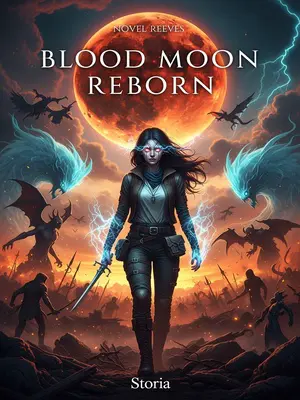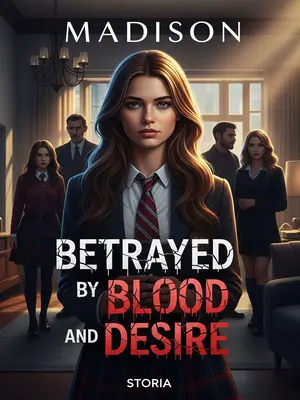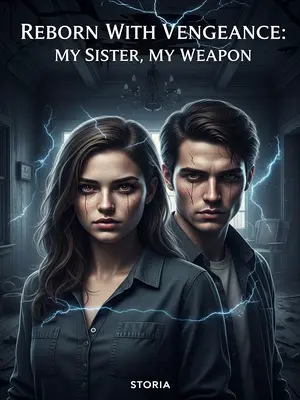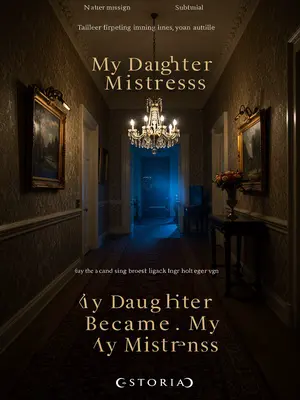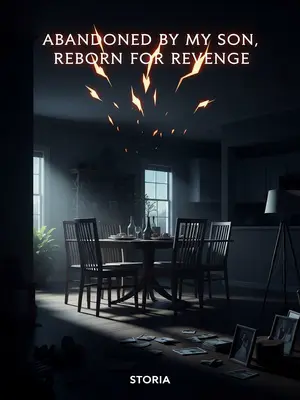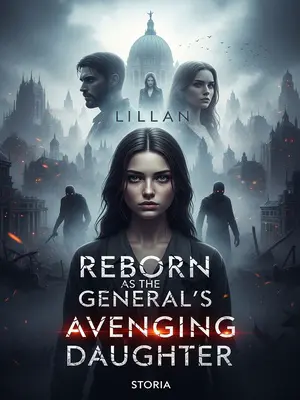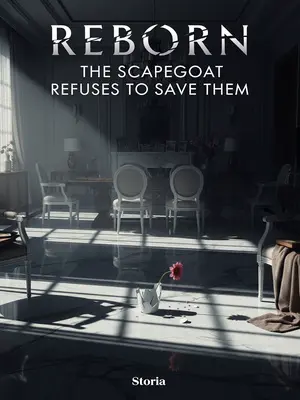Chapter 2: Back to the Day It Began
Next thing I knew, I was right back where it all started—the day my sister first started taking those pills. I couldn’t believe it.
My heart pounded so hard I thought I’d faint. The smell of cheap air freshener, the worn cushions on the couch—everything was just like before. Only this time, I knew what was coming.
This time? I didn’t stop her. I even handed her a glass of water and forced a fake smile. “If your daughter turns out beautiful, maybe she can marry into money someday. Sis, your future looks bright.”
My voice sounded strange to my own ears—too sweet, too calm. But inside, I was furious.
“Look at how gorgeous these kids are in the videos. I want my baby to be just as beautiful.”
Samantha, pregnant, sprawled on my couch, munching chips and scrolling through TikTok.
Her laugh bubbled up as she scrolled. The blue light made her look almost innocent. But I knew better.
That familiar voice yanked me back to reality. My whole body still remembered the pain of dying, but when I looked down, I was perfectly fine.
It was like waking from a nightmare only to find yourself trapped in the same dream. My hands shook, but I forced myself to breathe.
I looked around. Somehow, I’d been given a second chance.
The clock ticked like always, but everything felt different. I wasn’t going to make the same mistake.
I was back—Samantha was four months pregnant.
Sunlight slanted through the blinds, stripes on the old rug. Outside, kids rode bikes, yelling and laughing. Inside, it smelled like Samantha’s favorite lavender candle.
I peeked at her phone. All the kids had big eyes and pale skin. Sure, they were cute, but I could tell: Kabuki Syndrome.
The algorithm kept feeding her endless clips—wide-eyed kids, perfect skin, parents gushing in the captions. But I saw through it.
Kids with Kabuki Syndrome look like they’re wearing makeup—almost too pretty. But their future? Terrifying. Stunted growth, disabilities, a lifetime of struggle.
I remembered the charts, the care plans, the desperate hope in parents’ eyes. Beauty, in this case, was just a curse in disguise.
Some influencers, just for clout, call these kids “angels” and never mention the disease.
The internet’s cruel. People chasing likes, selling dreams, hiding the pain behind them.
In my last life, one of those videos got Samantha hooked. She wasn’t exactly well-educated—she believed anything she saw.
She’d always been impulsive, chasing after the next big thing. Didn’t matter how many times I warned her—she only heard what she wanted.
I have no idea where she found that stuff, but she took it every day.
She probably found it on some sketchy forum. The pills came in a plain bottle, no label, no instructions—just a promise.
I’d gone to med school, so I caught on quick. I really let her have it.
It was a hard day. The hospital halls smelled of antiseptic and worry. Samantha’s face went pale when she saw the kids—tiny hands curled, eyes unfocused, parents exhausted.
She finally got scared. She stopped the drugs.
For a while, she tiptoed around me, like I was the only thing standing between her and disaster. I thought I’d done the right thing.
I thought saving my niece would make Samantha grateful—for good.
I expected some kind of thanks. But in our family, gratitude’s in short supply.
My niece got her dad’s plain looks and Samantha’s high standards—but none of the drive.
Her first crush? Rejected. Later, at work, same story.
Every time, Samantha blamed the world. Never herself.
By twenty-eight, still single, she’d cry to Samantha. My sister would say: “It’s all your uncle’s fault. If he hadn’t stopped me from taking those pills that would have made you beautiful, you could have married the man you liked, maybe even be a star.”
It was easier than facing the truth. The words were poison, dripping into my niece’s ear until she started to believe them.
I could almost hear Samantha’s voice, soft and conspiratorial. She always found someone else to blame.
At first, my niece didn’t buy it. I’d always treated her well, taught her beauty fades, but knowledge and character last. But she was lazy. Didn’t like to work hard.
I tried to be the voice of reason, the steady hand she could count on. But you can’t save someone who won’t save themselves.
She kept failing. Got more insecure. Eventually, she snapped.
The last thing I saw was her face—twisted with rage and grief. No reasoning left, just pain.
“It’s all your fault!” she screamed, stabbing me again and again. “If you hadn’t stopped my mom from taking those pills that could’ve made me beautiful, I would’ve been successful! Maybe I’d have married into a rich family! Give me back the life I deserved!”
Her words echoed through the room. It wasn’t just anger. It was years of disappointment, all boiling over.
The sound of my daughter’s scream still haunts me. She was brave, but she never stood a chance.
Afterward, she called Samantha. Together, they chopped up our bodies, dumped them in a sewer. No one noticed. They emptied my accounts and disappeared.
I never thought they could do it. But desperation changes people.
They used my money for surgery, new names, new lives. My niece married rich.
They erased every trace of their past—new faces, new identities. The world never connected the dots. We vanished. No one even asked.
Sometimes I wonder if anyone missed us.

